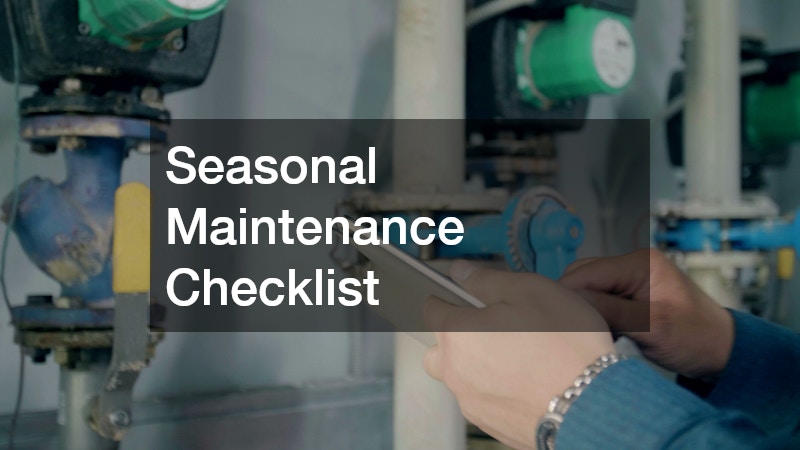Understanding when to call a professional for heat pump repairs can save you from costly damage and ensure efficient system performance. This article will guide you through common signs indicating the need for a repair and address frequently asked questions regarding heat pump services. By recognizing these indicators early, you can prevent major breakdowns and maintain a comfortable indoor climate year-round.
How to Tell If Your Heat Pump Needs Repair
Unusual Noises
Your heat pump might start producing a range of unusual noises that signal underlying issues. Humming, buzzing, or clanking sounds could indicate problems such as loose parts or electrical issues.
It’s important to address these sounds promptly by calling a professional to prevent minor issues from escalating into major repairs.
Ignoring unusual noises can lead to extensive damage and increased repair costs over time. A qualified technician can diagnose the problem by listening to the sounds and conducting a thorough inspection. Investing in timely repairs not only ensures optimal performance but also extends the lifespan of your heat pump system.
In some cases, noises may seem harmless, but they often hint at more significant concerns. Procrastination can result in the noise causing additional strain on the system, leading to reduced efficiency. Therefore, it’s crucial to act quickly and consult your local heat pump service when these sounds persist.
Irregular Heating or Cooling
Temperature inconsistencies can be a sign that your heat pump is not functioning correctly. If you notice that some rooms are warm while others remain cold, this indicates a problem with your system. Irregular heating or cooling can stem from issues such as dirty filters, thermostat malfunctions, or ductwork problems.
When encountering this issue, it’s essential to perform a basic check of your system’s settings and filters. If the problem persists after addressing these basic factors, it’s time to contact a professional to perform a more in-depth analysis. They have the tools and expertise to identify and resolve more complex issues causing temperature inconsistencies.
Scheduling a service call can prevent further discomfort and help maintain energy efficiency. Addressing these irregularities promptly ensures that your heat pump distributes air evenly throughout your home. Keep in mind that prolonged inefficiency can lead to increased energy bills and strain on your heat pump.
Common Heat Pump Problems
Refrigerant Leaks
Refrigerant leaks are common issues that can severely affect your heat pump’s efficiency. When the refrigerant level is too low, your system struggles to cool or heat your home effectively. Common signs of a refrigerant leak include ice buildup on coils, hissing noises, or the system cycling on and off frequently.
If a refrigerant leak is suspected, it is crucial to call a professional technician immediately. Repairing a leak is not a DIY job, as it requires handling chemicals safely and precisely tracing the source of the leak. Delaying repair can result in higher energy consumption and permanent compressor damage.
In addition to decreasing efficiency, refrigerant leaks pose environmental concerns. A licensed technician will not only repair the leak but also recharge the system with the appropriate refrigerant level. Addressing refrigerant issues promptly ensures your system remains efficient and environmentally friendly.
Thermostat Malfunctions
A malfunctioning thermostat can significantly impact your heat pump’s performance. Issues such as incorrect temperature readings or an unresponsive system may be attributed to a faulty thermostat. Addressing thermostat malfunctions quickly can restore comfort and efficiency to your home’s heating and cooling.
Before calling for repairs, homeowners can perform a basic check by ensuring the thermostat is set correctly and replacing batteries if needed. If these actions don’t resolve the problem, professional assessment is necessary to determine if wiring or sensor issues are to blame. A skilled technician can recalibrate or replace the thermostat to restore proper function.
Thermostat problems, if left unaddressed, can lead to increased energy usage and uneven temperature distribution. By investing in timely repairs, you can avoid larger issues down the line. A well-functioning thermostat ensures your heating system operates efficiently and consistently.
How Often Should You Schedule Heat Pump Maintenance?
Recommended Maintenance Frequency
Routine maintenance is critical to ensure the longevity and efficiency of your heat pump. Experts generally recommend scheduling professional maintenance at least once a year. This regular checkup can detect potential problems early and keep your system running smoothly through each season.
Scheduling maintenance before the height of the heating or cooling season can prevent unexpected failures. A comprehensive tune-up involves cleaning, inspection, and calibration of vital components to enhance performance and efficiency. Remember, preventive care is far more cost-effective than expensive emergency repairs.
Seasonal Maintenance Checklist
A thorough seasonal maintenance checklist is vital to keeping your heat pump in top condition. Key tasks include cleaning or replacing air filters, inspecting ductwork, and lubricating moving parts. Also, checking for refrigerant level consistency and ensuring electrical connections are secure is crucial for optimal system performance.
The checklist should also include verifying thermostat settings and assessing system controls. These steps not only enhance your heat pump’s efficiency but also maximize energy savings. Tackling small maintenance tasks now can prevent substantial repairs in the future.
Regular maintenance and timely repairs are crucial to ensure your heat pump operates efficiently year-round. By understanding the signs of potential problems and knowing when to call for help, you can extend the lifespan of your system and enjoy consistent comfort in your home. Early detection and resolution of issues translate into peace of mind and energy savings for homeowners.
